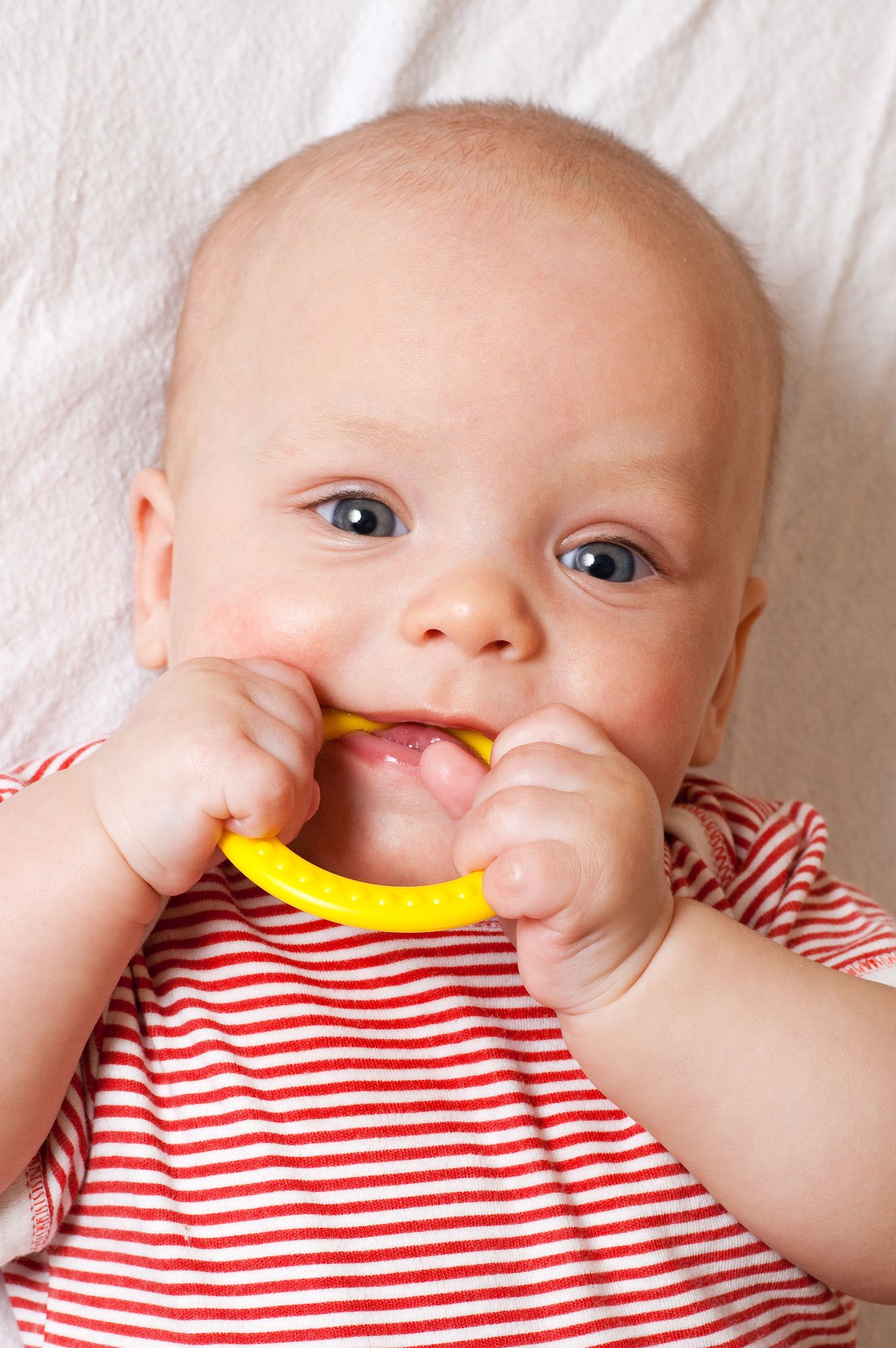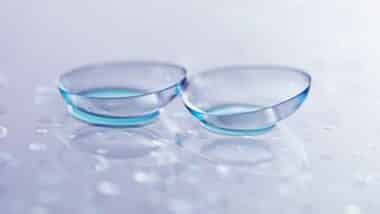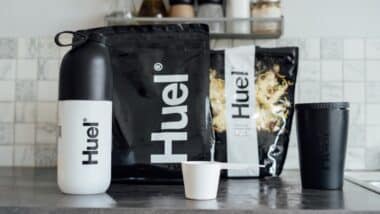 A California mother claims Lifefactory infant teething rings contain a chemical linked to asthma, diabetes, and several developmental health problems.
A California mother claims Lifefactory infant teething rings contain a chemical linked to asthma, diabetes, and several developmental health problems.
Plaintiff Dusty Spearman says defendant Lifefactory Inc. has been marketing silicone infant teethers that contain measurable amounts of bisphenol A, or BPA, despite labeling those products’ as BPA-free.
According to Spearman, BPA is a toxic compound and recognized endocrine disruptor that is frequently present in mass-produced plastic products. Early childhood exposure to BPA has been linked to conditions including “asthma, diabetes, neurodevelopment disorders, obesity, and reproductive abnormalities,” according to this Lifefactory class action lawsuit.
Spearman says independent testing of Lifefactory silicone teething aids labeled as “bpa-free” revealed that they do indeed contain BPA – 238 nanograms in a single teether, she says.
Word has been out for several years about the presence of BPA in plastic products and the related risks posed to people’s health. Consumers are now avidly interested in products that are labeled “BPA-free,” Spearman says, and for that assurance they are willing to pay a premium.
Lifefactory has been improperly exploiting that interest by labeling its teethers as BPA-free, she claims. She includes pictures of Lifefactory teether packaging in her complaint, showing the indicator “bpa-free” on both the front and back of the package.
This labeling allows Lifefactory to sell teethers that contain BPA at a higher price than they would command without such a label, she claims. Meanwhile, she says consumers who thought they were getting a safer product are being deceived into letting their children chew on a BPA-containing teething aid for hours at a time.
Spearman cites FDA guidance that says representations that a product is “BPA-free” are “not accurate because it is not possible to reliably assure that there is an absence of the … toxin in the medical product.” California law also limits BPA content to 0.1 parts per billion in any drinking vessel designed for use by children three years old or younger.
Spearman has also filed a similar false advertising class action lawsuit against i play Inc., alleging that company’s Green Sprouts Cooling Teethers also contain BPA. Testing allegedly revealed that supposedly “BPA-free” i play teethers contained 702 nanograms of BPA.
In her Lifefactory class action lawsuit, Spearman is proposing to bring her claims on behalf of a nationwide plaintiff Class of all persons in the U.S. who bought Lifefactory teethers for purposes other than resale, and a subclass consisting of all such Class Members who purchased teethers in California.
She seeks an award of compensatory, statutory and punitive damages, injunctive relief prohibiting any further illegal acts, and restitution and all other forms of equitable relief, plus court costs and attorneys’ fees.
Spearman is represented by attorneys Joel D. Smith, L. Timothy Fisher and Scott A. Bursor of Bursor & Fisher PA, and by Michael T. Fraser of The Fraser Law Firm PC.
The Lifefactory Teether BPA False Advertising Class Action Lawsuit is Spearman v. Lifefactory Inc., Case No. 2:17-cv-01647, in the U.S. District Court for the Eastern District of California.
ATTORNEY ADVERTISING
Top Class Actions is a Proud Member of the American Bar Association
LEGAL INFORMATION IS NOT LEGAL ADVICE
Top Class Actions Legal Statement
©2008 – 2025 Top Class Actions® LLC
Various Trademarks held by their respective owners
This website is not intended for viewing or usage by European Union citizens.














